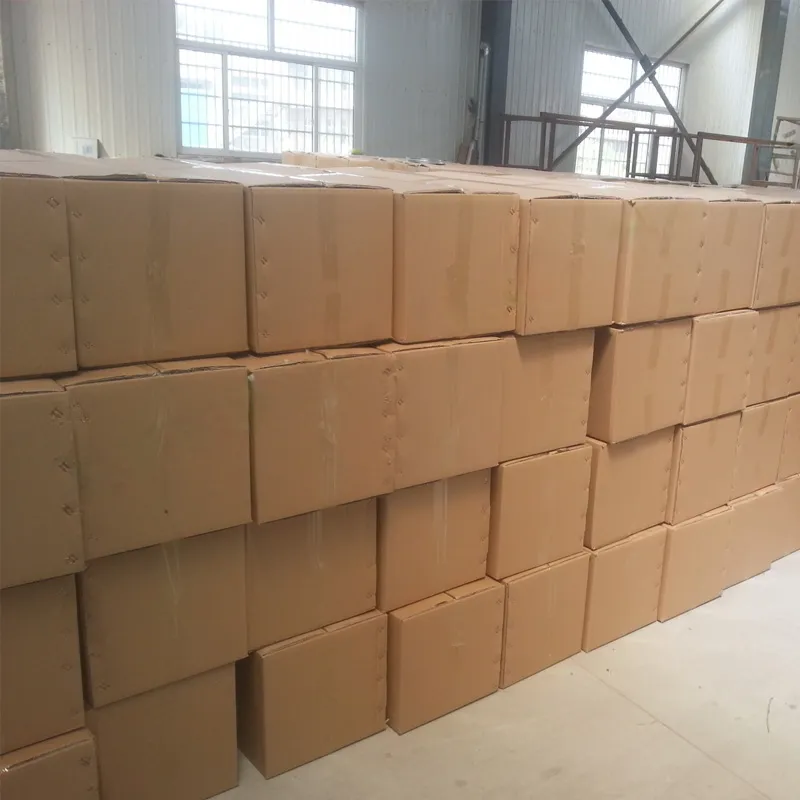 Tel:
+8618931101301
Tel:
+8618931101301
8 月 . 10, 2024 09:10 Back to list
Innovative Cartridge Vacuum Filter Solutions for Efficient Liquid Filtration in Industrial Applications
The Role of Cartridge Vacuum Filters in Modern Filtration
In various industrial applications, efficient separation and filtration of liquids and solids are paramount. Among the many filtration technologies available, cartridge vacuum filters have emerged as a popular choice for numerous industries due to their effectiveness, efficiency, and ease of operation. This article explores the principles behind cartridge vacuum filters, their applications, and the advantages they offer in diverse settings.
Understanding Cartridge Vacuum Filters
Cartridge vacuum filters are a type of filtration system designed to separate solid particles from liquids effectively. These filters utilize a vacuum mechanism to facilitate the flow of the liquid through a filtration media contained within cylindrical cartridges. The vacuum creates a pressure differential, drawing the liquid through the filter, while retaining the solid particles on the surface of the filtration medium. This process results in a clarified liquid on one side and accumulated solid waste on the other.
The cartridges are typically made from various materials such as polypropylene, stainless steel, or other synthetic fibers, depending on the application and the nature of the materials being filtered. The choice of media is crucial, as it determines the filter's effectiveness, capacity to handle different substances, and durability.
Applications of Cartridge Vacuum Filters
Cartridge vacuum filters are versatile and can be found across different sectors, including
1. Food and Beverage Industry In the food processing sector, these filters are essential for clarifying juices, wines, and other liquid products by removing pulp and other solid contaminants. By ensuring product clarity, they help maintain quality and extend shelf life.
2. Chemical Processing The chemical industry frequently uses cartridge vacuum filters to separate solids from liquid reactants and by-products. These filters are crucial in maintaining process purity and meeting regulatory standards.
3. Pharmaceutical Manufacturing In the pharmaceutical sector, stringent cleanliness and sterility standards are paramount. Cartridge vacuum filters provide a reliable method for the filtration of solvents and other liquids involved in drug formulation.
4. Mining and Mineral Processing They play a vital role in the extraction processes, helping to separate valuable minerals from waste materials during ore processing.
cartridge vacuum filter

Advantages of Cartridge Vacuum Filters
The popularity of cartridge vacuum filters can be attributed to several advantages
- Efficiency Cartridge filters can handle high flow rates, allowing for rapid filtration, which reduces downtime and increases productivity.
- Quality of Filtration The design of the cartridges allows for the removal of fine particulates, achieving high clarity in the filtered liquids.
- Ease of Maintenance Cartridge vacuum filters are typically easier to maintain than other types of filtration systems. Cartridge replacement is straightforward, reducing operational interruptions.
- Scalability These filters can be designed for various scales, accommodating both small-scale operations and large industrial processes.
- Cost-Effectiveness While the initial investment may vary, the efficiency and reduced labor costs associated with the operation and maintenance of cartridge vacuum filters often result in long-term savings.
Conclusion
Cartridge vacuum filters are integral to modern filtration processes across multiple industries. Their ability to efficiently separate solids from liquids, combined with ease of use and maintenance, makes them a preferred choice for many applications. As industries continue to prioritize efficiency and sustainability, the role of cartridge vacuum filters is expected to grow, positioning them as a staple technology in various sectors.
-
How to choose a high-efficiency air filter? Here comes a professional guideNewsOct.21,2024
-
Air filter: multi-field application, protecting fresh airNewsOct.17,2024
-
Carbon air filter: a green guard to protect air qualityNewsOct.16,2024
-
Can activated carbon completely remove indoor odors and pollutants in air purification?NewsOct.14,2024
-
How to filter air efficiently and ensure indoor air quality?NewsOct.12,2024
-
Activated carbon filter: the invisible guard of clean water lifeNewsOct.11,2024

 Email:
Email:





